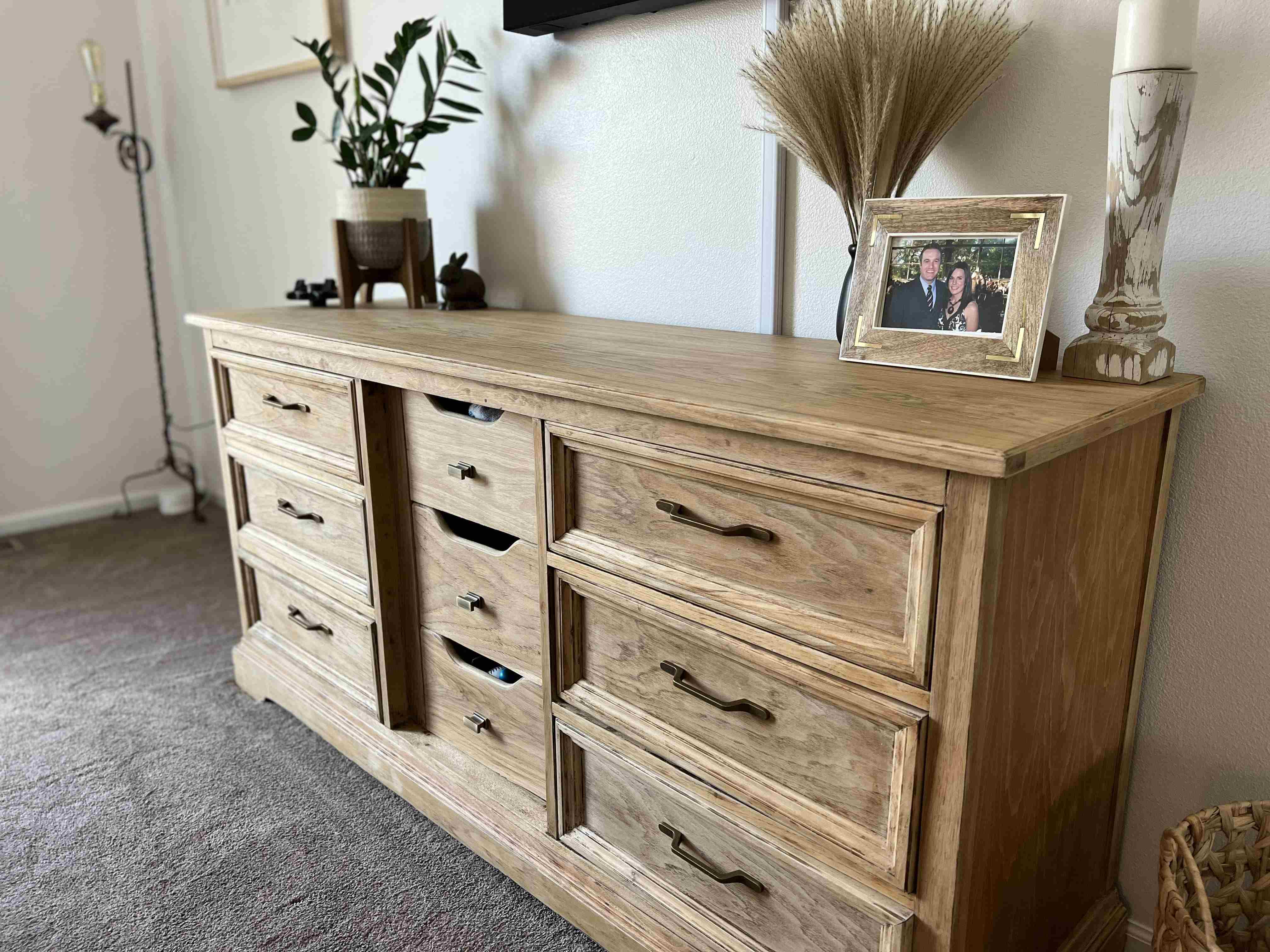Repurposing furniture offers several benefits compared to buying new pieces:
- Environmental Impact: Repurposing furniture reduces the demand for new resources, minimizing the environmental impact of manufacturing, transportation, and disposal of new furniture. It helps reduce waste and conserves energy and raw materials.
- Unique Style: Repurposed furniture often has a distinct character and charm that can’t be replicated by mass-produced items. Each piece tells a story and adds a personalized touch to your space.
- Cost Savings: Repurposing furniture is often more budget-friendly than purchasing new pieces, especially when considering high-quality materials and craftsmanship. You can find affordable second-hand items and transform them into something beautiful and functional.
- Creativity and Customization: Repurposing allows you to express your creativity and customize pieces to fit your style and needs. You can experiment with different finishes, colors, and designs to create a truly one-of-a-kind piece.
- Preservation of History: Repurposing older furniture pieces can help preserve their historical and cultural significance. It allows you to breathe new life into well-crafted items that might otherwise be discarded.
- Learning Experience: Repurposing furniture provides an opportunity to learn new skills and techniques, from woodworking and painting to upholstery and refinishing. It can be a fulfilling and educational hobby.
- Reduced Landfill Waste: By repurposing furniture, you contribute to reducing the amount of furniture ending up in landfills, helping to combat the problem of waste disposal.
- Supporting Local Businesses: If you purchase second-hand furniture from thrift stores, antique shops, or local sellers, you’re supporting local businesses and the circular economy.
- Emotional Attachment: Repurposing furniture can create sentimental value as you transform or restore items that hold personal memories or have been passed down through generations.
- Encourages Mindful Consumption: Repurposing promotes a more mindful approach to consumption, encouraging you to think critically about what you really need and how to make the most of existing resources.
Overall, repurposing furniture offers a sustainable, creative, and cost-effective way to furnish and decorate your space while contributing positively to the environment and your own sense of satisfaction.




